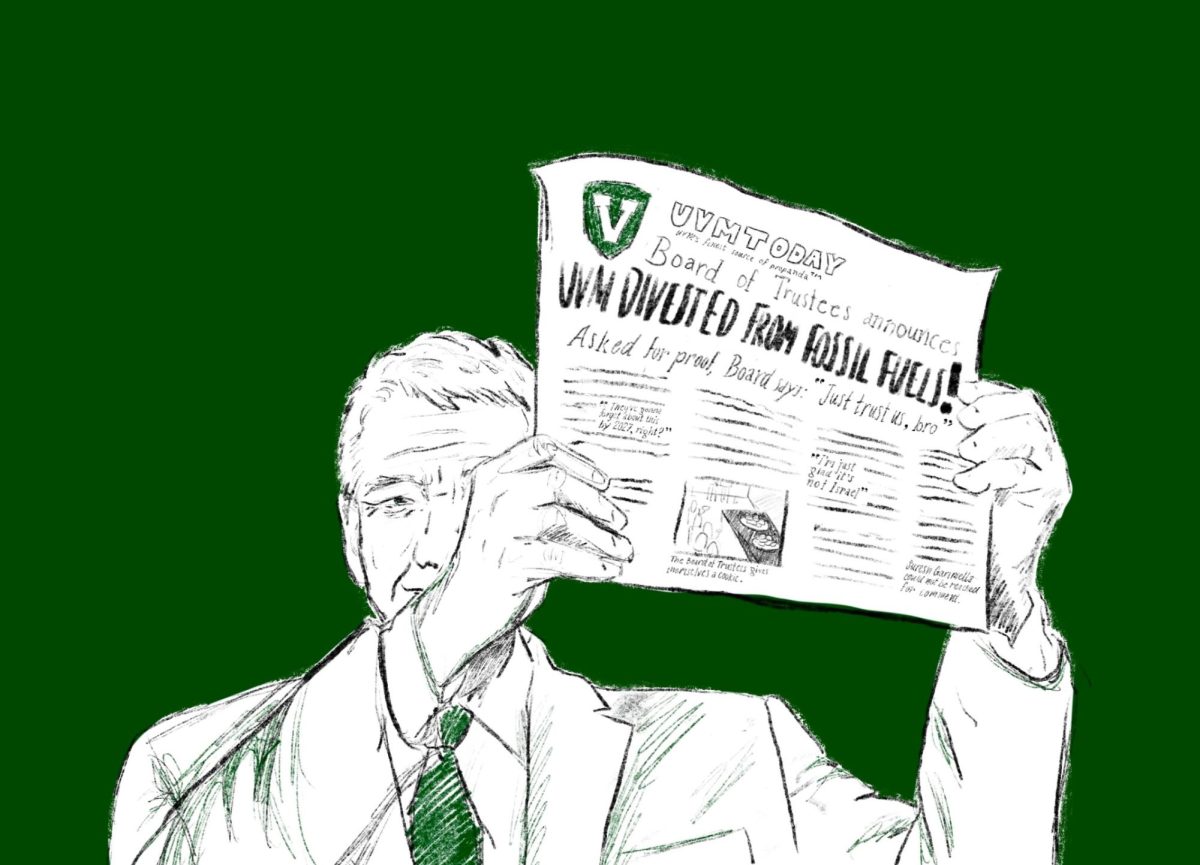Dozens of states have introduced legislation that would require welfare applicants to pass a drug test before receiving aid.
But while statehouses and the federal government have a compelling interest in making sure public funds are being used as intended, singling out welfare applicants for drug tests unfairly targets the poorest Americans.
Welfare, like other forms of government aid to citizens, is an investment – the government is betting that by giving assistance now, people will have a greater opportunity to find employment later.
In Florida, welfare applicants are required to pay for drug tests. Why would people who need government assistance be required to pay to be considered for aid? And how effective is the program?
The New York Times noted that in Florida’s case, of more than 8,000 tests, only 32 came back positive.
I believe that the government has in interest in ensuring that funding is spent wisely – that assistance isn’t being used to buy drugs or being given to drug addicts who are unlikely to find employment.
But there are many forms of government assistance – why are programs that help the poor, like welfare, food stamps, home heating assistance and public housing singled out for drug testing?
The federal government spends $30 billion giving aid in the form of Pell Grants, where 9.4 million students were eligible to receive aid in 2011.
If the government wants to ensure that aid isn’t being given to drug users, why not mandate drug tests for Pell Grant recipients?
A 2007 study funded by the National Institutes of Health found that 19.3 percent of college students used illicit drugs in the last 30 days. In contrast, a 2002 study from the National Household Survey on Drug Abuse found that 9.6 percent of families living on government had members who used illicit drugs.
Students can be stripped of their federal financial aid packages if they are convicted of a drug offense – a policy that I think makes sense. Many states for years have prevented drug offenders from receiving welfare or unemployment assistance.
But why single out those on welfare as the only recipients of government funds that must undergo additional, suspicionless scrutiny?
Based on precedent, it is unlikely that mandatory drug tests for welfare applicants would be upheld as constitutional.
The Supreme Court has affirmed the constitutionality of suspicionless drug tests for employees in positions where the potential for injury is great – like operating heavy machinery.
But the Court has held repeatedly that mandated drug tests without a compelling reason are illegal, striking down a Georgia law in 1997 required testing candidates for public office, holding that drug tests violate Fourth Amendment protections against unreasonable searches.
In 2003, a federal appeals court nullified a Michigan statute mandating tests for welfare applicants.
Though the effectiveness and constitutionality of mandated drug tests is dubious, the idea is has garnered support across the country. Sen. David Vitter, R-La., introduced the Drug Free Families Act of 2011, which would compel all states to drug test welfare applicants.
Politicians are all too aware that there is no such thing as being too tough on drugs or too tough on crime. And in these stagnant economic times, it makes sense why drug testing welfare applicants has gained such populist appeal – working and middle class folks who struggle to pay the bills don’t want to see their taxes go to lazy, unemployed drug addicts.
But there is a litany of falsehoods in that assessment. Adam Cohen of TIME magazine captured the essence of this argument, noting “it taps into deeply held beliefs about the deserving and undeserving poor.”
There is no doubt that there are some that abuse the welfare system. But there are millions of impoverished people living in this country that rely on public assistance, who should not be singled out for additional scrutiny, especially at their own financial expense, when other recipients of government funds are not subject to similar policies.









![Can’t buy me [self] love](https://vtcynic.com/wp-content/uploads/2024/04/self-care-FINAL-1200x796.jpg)


